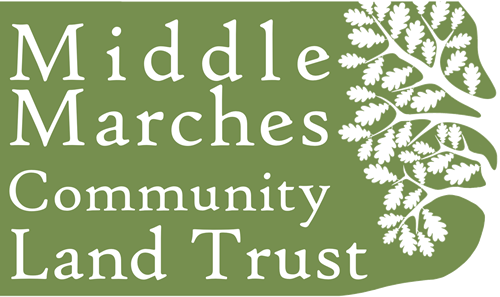Notes from the Hill
By Simon Cooter and the Natural England staff at Rigmoreoak (January 2020)
In the last ‘Notes from the Hill’ I focused on the Environmental and Climate Emergency that the world is facing. There is unequivocal evidence that the world is rapidly warming and we are experiencing significantly warmer and wetter weather in the UK. If this were natural then nature would be able to adapt to these changes, however the unprecedented pace of change and the loss of biodiversity in the wider countryside has meant that there is no longer much space left for nature to adjust to these climatic changes.
The Stiperstones National Nature Reserve is a small island of quality wildlife habitat. It has been managed in an exemplary way since its notification in 1982, however its wildlife are now under threat. The Stiperstones is a small site as upland sites go, and as such its special wildlife are very vulnerable to extreme events.
For example the dormice that live in the coppiced woodlands at Snailbeach rely upon cold wet winters to allow them to stay in hibernation. With a warming climate they are more likely to wake in the winter, when there is no food to sustain them. What will make them go extinct is when we have regular extreme events and where there are no habitat connections across the countryside to allow them to move to other sites and adapt to changes.
As I have stated before the Environment and Climate Emergency is not just for governments and conservation organisations to act upon, we can all do our bit. One way of getting involved is to join one of the eight local community wildlife groups. In our area there are groups in the Onny Valley, the Rea Valley, the Camlad Valley, and the Stretton Hills.
Community Wildlife Groups give local people a chance to do something about wildlife decline
in their area. The Groups:
- bring together people interested in wildlife,
- undertake survey work to establish the status of key wildlife species and their habitats,
- encourage and enhance local interest in wildlife, and
- actively promote conservation.
If you want to contribute effectively to local knowledge and conservation and you live or work in one of our Group’s areas, they would welcome your involvement. Groups are for everyone in the community, not just experts. For more details see: www.shropscwgs.org.uk.
Some good news is that the Stepping Stones Project has just managed to attract some significant funding from the People’s Postcode Lottery to support local community groups to restore and re-connect wildlife habitats in the Shropshire Hills. So this is a great chance to get involved and help those groups really make a difference.
We wish you a Happy New Year.
